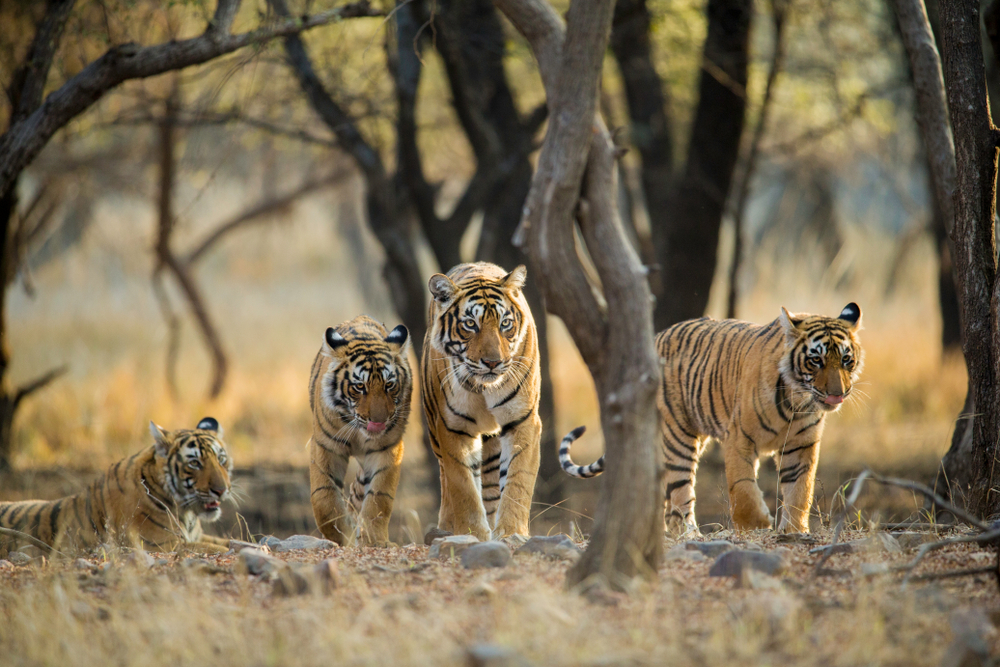There have been five instances of major mass extinction on the planet. Scientists have now confirmed that a sixth occurrence — the first to be caused entirely by humans — is now unfolding, threatening the symbiotic relationship between nature and man. Using an impressive sample size on a variety of species, the Living Planet Report, compiled by the World Wildlife Fund, has found that over a period of nearly 50 years, between 1970 and 2014, human activity had resulted in the annihilation of 60 per cent of the vertebrate population. Such malignant activities, ironically, are still perceived as markers of progress by cultures around the world. One of the major causes of the extinction has been the disappearances and fragmentation of wildernesses that have, more often than not, been turned into tracts for cultivation. India is not a stranger to this contagion. The nation’s failure to achieve significant growth in dense forests — repositories of wildlife and intricate webs of life — can be attributed to the chilling rate of conversion of forests into farmland. Consumption is, evidently, a potent threat. It has been estimated that nearly 300 kinds of mammals are being pushed towards extinction because of unchecked hunting for food. Earth’s waters are as threatened as its land. Nearly every ocean is, the study suggests, overfished. What is equally shocking is that commercial imperatives are now threatening the minimal progress that has been achieved in some spheres as a result of conservation. China’s decision to renege on its earlier promise and lift the ban on body parts of tigers and rhinoceroses — two critically endangered species — albeit for medicinal use under supervision, is a perfect example of greed triumphing, once again, over compassion. The primary reason being cited to explain China’s about-turn is that Beijing wants to provide an impetus to its industry of traditional medicine.
Ironically, this dwindling compassion is no longer a luxury for mankind. The destruction of species and the ecosystems that support them sounds the death toll for civilisation itself. The indifference of people and their elected leaders the world over to this armageddon may appear puzzling. But there is an explanation for this criminal apathy too. Human depredation on the natural world has caused a fundamental transformation in man’s relationship with the environment, turning the latter into a resource that is only fit for plunder to the human eye.












